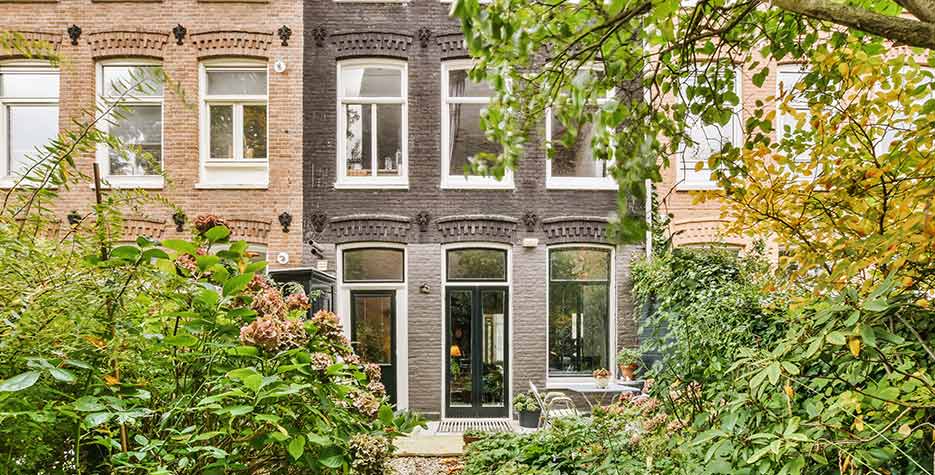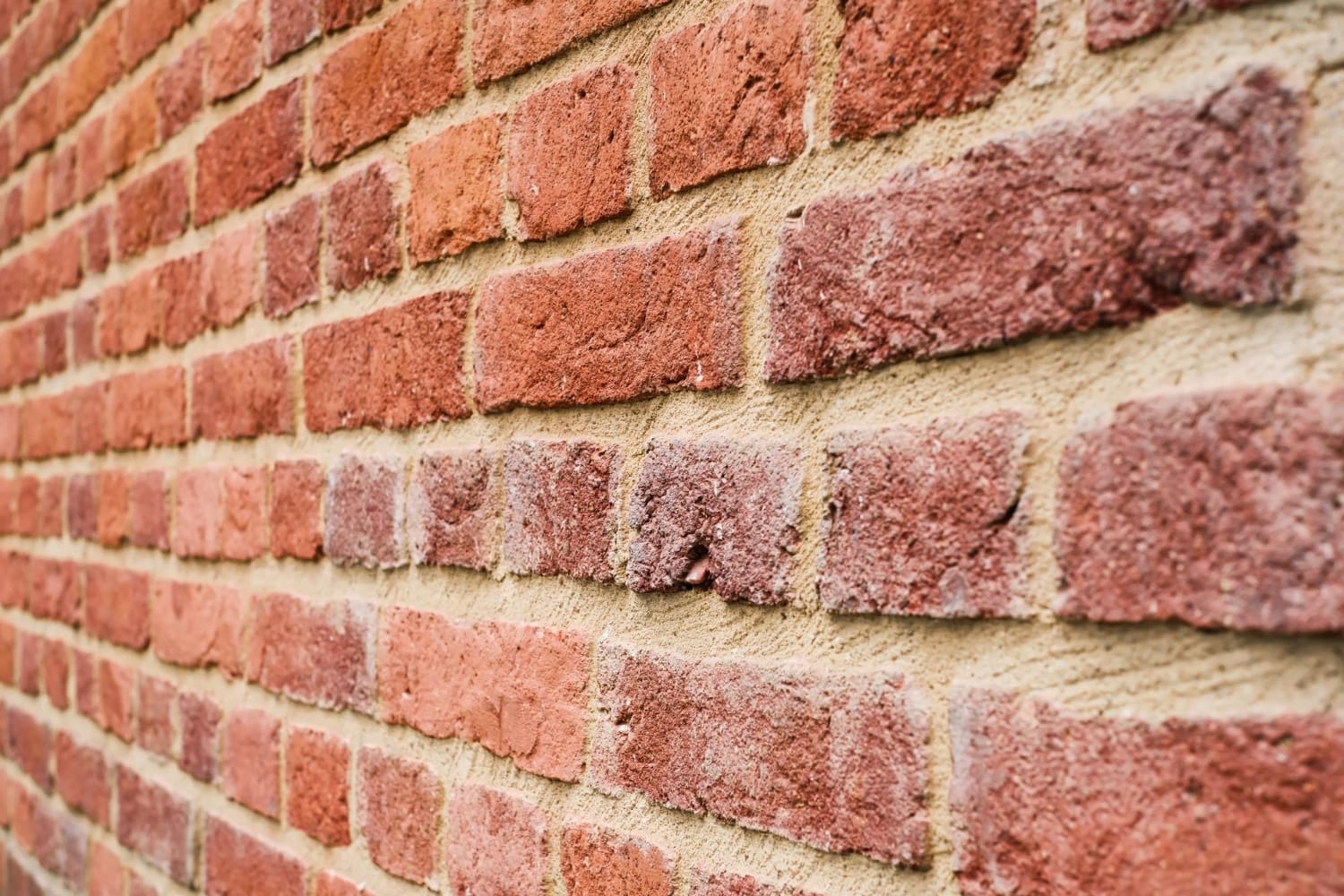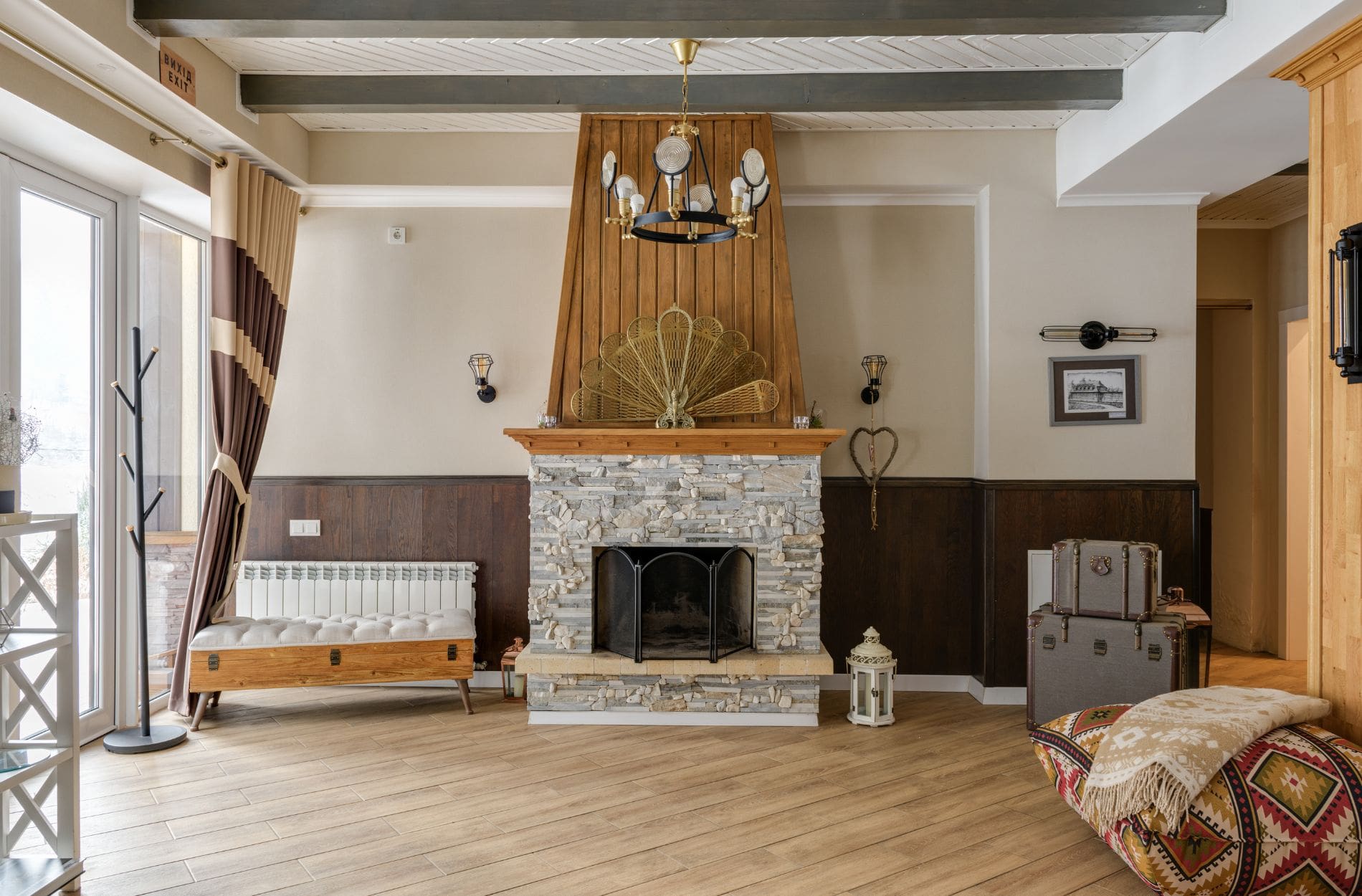How Long Does Brick Last? Exploring the Lifespan of a Timeless Material

If you’re considering using bricks for your construction or restoration project in the Metro Detroit area, it’s essential to understand the durability and lifespan of this timeless building material. So, how long does brick last?
Bricks have been used for centuries, and their longevity is unmatched. This article delves into the factors influencing their lifespan and their applications and benefits. By the end, you’ll understand why bricks are a reliable choice and where to find residential masonry repair and restoration services.
What Is the Durability of Brick
Brick is renowned for its impressive longevity, often lasting for centuries. When properly maintained, bricks can withstand time and retain their strength and durability for generations.
The exact lifespan of bricks can vary depending on several factors, including the quality of construction, environmental conditions, and regular maintenance. However, it is not uncommon for well-made bricks to endure for 100 years or more without significant deterioration.
Let’s take a closer look:
Composition
Bricks are typically composed of clay and shale mixed and formed into solid units. The composition of bricks plays a significant role in their durability and longevity.
Here are a few key points to consider:
- Clay: The primary ingredient in bricks, clay provides plasticity and workability during manufacturing. It helps bricks hold their shape and withstand various stresses.
- Shale: Shale, a type of sedimentary rock, is often added to clay to enhance its strength and improve the overall durability of the bricks.
Resistance to Weathering
Bricks exhibit remarkable resistance to weathering, which contributes to how long bricks last. Here’s why bricks can withstand the elements:
- Thermal stability: Bricks can handle extreme temperatures without significant damage. They expand and contract minimally, making them resistant to cracking and deterioration caused by heat and cold.
- UV radiation: Bricks have a natural ability to withstand the effects of UV radiation. Unlike some materials that fade or degrade over time when exposed to sunlight, bricks maintain their color and structural integrity.
- Moisture resistance: Bricks are highly resistant to moisture penetration. Their dense composition minimizes water absorption, preventing the growth of mold and mildew and reducing the risk of structural damage.
Maintenance
Although bricks are durable, proper care is necessary to ensure their extended lifespan. Consider the following maintenance practices:
- Regular inspections: Conduct routine checks of your brick structures to identify any signs of damage, such as cracks, spalling, or efflorescence. Promptly addressing these issues can prevent further deterioration.
- Cleaning: Regularly clean your bricks to remove dirt, debris, and organic matter that may accumulate over time. Use mild detergents and soft brushes to avoid damaging the surface.
- Tuckpointing and reporting: Brick tuckpointing refers to renewing the mortar joints between bricks. Over time, mortar can deteriorate due to weathering. Repointing involves removing the old mortar and replacing it with fresh mortar, ensuring the structural stability of the bricks.
What Are Its Applications and Benefits
Bricks have many applications, making them a versatile choice for various projects. Now that we’ve answered how long does brick last, let’s explore some of the key areas this material is commonly used:
Construction
Bricks are extensively utilized in construction due to their exceptional strength and stability. Here are a few applications in the construction industry:
- Building facades: Bricks are commonly used as the outer layer or cladding of buildings. They provide a durable and aesthetically pleasing exterior that can withstand the elements and enhance the overall appeal of the structure.
- Walls: Bricks are often used to construct load-bearing or partition walls. Their robustness ensures structural integrity, while their thermal properties contribute to energy efficiency and sound insulation.
- Foundations: Bricks are a preferred choice for building foundations due to their stability and ability to bear heavy loads. They provide a solid base for the entire structure.
Architecture
Bricks offer architects and designers a wide range of possibilities for creative expression. Here are a few architectural applications of bricks:
- Intricate patterns and textures: Bricks can be arranged in various patterns and textures, allowing architects to create stunning facades and surfaces. From herringbone to basket weave, the versatility of bricks enables the incorporation of intricate designs into architectural projects.
- Color options: Bricks are available in a range of colors, from traditional earth tones to vibrant hues. This color variety allows architects to add depth and character to their designs, making bricks popular for architectural expression.
- Sustainable design: Bricks are considered a sustainable building material due to their durability, recyclability, and thermal mass properties. They contribute to energy-efficient designs and green building practices, making them an attractive choice for sustainable architecture.
Historical Preservation
Bricks have played a vital role in preserving historical structures worldwide. Here’s why bricks are often used in historical restoration:
- Authenticity: Bricks have been used for centuries, and many historical buildings were initially constructed with bricks. When restoring these structures, using bricks helps maintain historical accuracy and preserve their original character.
- Compatibility: Bricks are compatible with traditional construction techniques and materials. Using bricks in restoration projects allows for seamless integration with the existing structure. It ensures the longevity of the restored building.
Wrapping Up: How Long Does Brick Last?
Bricks have a remarkable lifespan, with some structures standing strong for centuries.
Their composition, resistance to weathering, and fire resistance make them a reliable and enduring choice for construction and restoration projects. Quality construction, regular maintenance, and consideration of environmental factors contribute to their longevity.
If you’re in the Metro Detroit area and require residential masonry repair or restoration services, choosing a reputable and experienced contractor is crucial. Look for professionals who specialize in brickwork and have a track record of successful projects.
Don’t hesitate to ask for references and inspect their previous work to ensure the highest quality craftsmanship.
At the Detroit Brick Company, we specialize in residential masonry repair and restoration services in Metro Detroit. Our team of skilled craftsmen has extensive experience working with bricks and can help ensure the longevity of your structures.
Contact us today to discuss your project and receive a free consultation.





